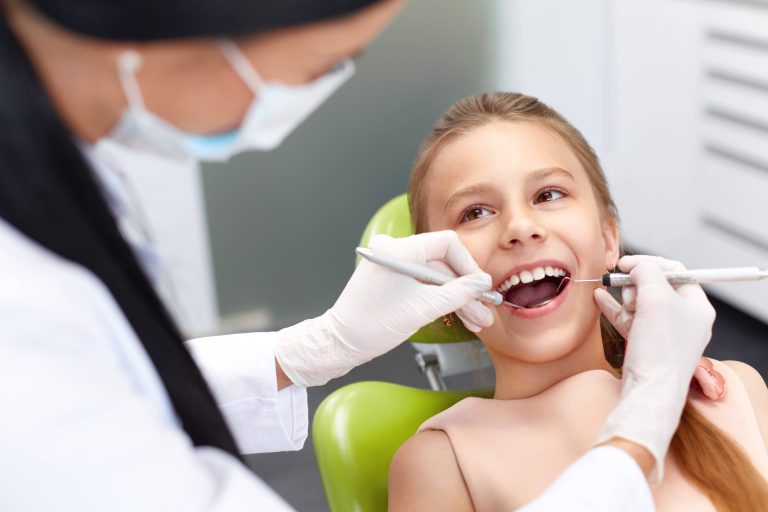
Dental care is important for your overall health, as it can prevent serious medical conditions such as diabetes and heart disease. It can also help improve your self-esteem.
A dental care clinic provides a variety of services to patients of all ages. It can include treatment for tooth decay, gum disease, oral infections and injuries.
They tend to be lower in cost
Dental care clinics are a great way to save money on your dental treatment. They often charge half or less for common procedures, such as root canals and fillings, compared with the usual dentist’s rates.
There are also many free dental care clinics, some of which are run by nonprofit organizations. For example, Mission of Mercy hosts free two-day dental clinics at fairgrounds, high schools and other places around the country.
Some dental and medical schools have outpatient clinics where students treat the public at a discount or for free. These are a great option for patients without insurance or for those with limited income.
Another interesting choice is community health clinics that are managed by the federal Health Resources and Services Administration. These facilities may offer lower-cost dental care and other healthcare services, including dental emergency rooms. You can find more information about these programs on the HRSA website. The best part is, you can access them from anywhere in the country.
They are more convenient
Whether you are looking for lower costs, a more flexible schedule or a way to help contribute to the education of dental students, a dental care clinic is a great option. These places often have a variety of general dentists and specialists to meet all your needs, and they may even be open longer than private practices.
Mobile clinics are also a good choice for Dentist Robina who want to expand their practice but don’t have the funds to build and operate a traditional brick-and-mortar office. They are a great way to get out in the community, lower overhead costs and serve more people than you would with a static office.
Whether you choose to visit a dental care clinic or have one come to you, be sure to find out what procedures are available and what financing options are offered before making an appointment. You might be surprised at what’s out there! If you’re not sure if a dental care clinic is right for you, contact your local dentist and ask them what they recommend.
They are more open
Dental care clinics are a great resource for people who cannot afford to pay for their own dental services. They offer preventive, restorative and emergency dental procedures for adults and children. Some even provide Saturday hours to accomodate busy schedules.
In addition to providing dental care, many safety net clinics also provide free X-rays and fluoride treatments for children. These programs are typically available to those who are on Medicaid, CHIP or the Children’s Health Insurance Program.
Open Dental is a robust practice management software solution that covers most of the commonly-required tasks for running a dental care clinic, including scheduling, treatment plan creation, charting and imaging. It can be used for single offices or multi-clinic locations. The application’s third-party integration support allows organizations to craft specialized processes and practices that can help their staff provide excellent patient service and increase appointment bookings. It is a great option for dental care providers and clinics looking to streamline their business processes and elevate the patient experience.
They are more personal
Having all your dental needs taken care of under one roof is a big benefit, especially if you have a lot of complex procedures that need to be done. It’s also a time saver. Often times clinics offer more hours than private practices and open on more days of the week.
A dental care clinic is a specialized dental facility that offers both general and specialty dentistry services. These facilities are usually found in hospitals, schools, government offices, and other health-related establishments. They typically have a number of different professionals working under one roof to help you with your dental needs including dentists, dental specialists, hygienists, and assistants. They are also usually associated with a university or health-related institution and can serve as a source of research, training, and other dental related activities. Some even have low cost or free treatments offered to the public. Check with your state’s health department for more information on these programs.